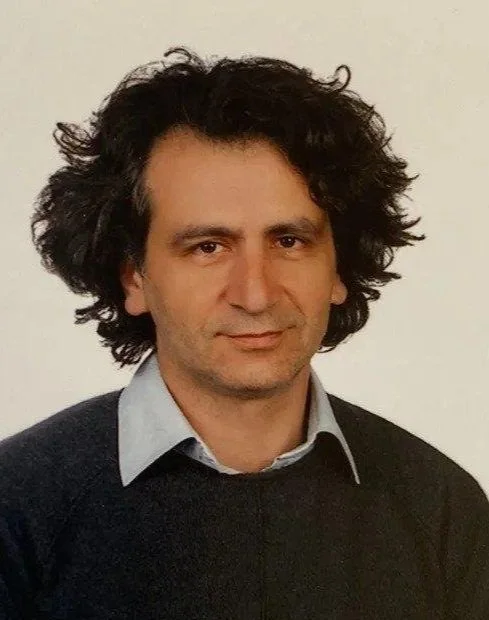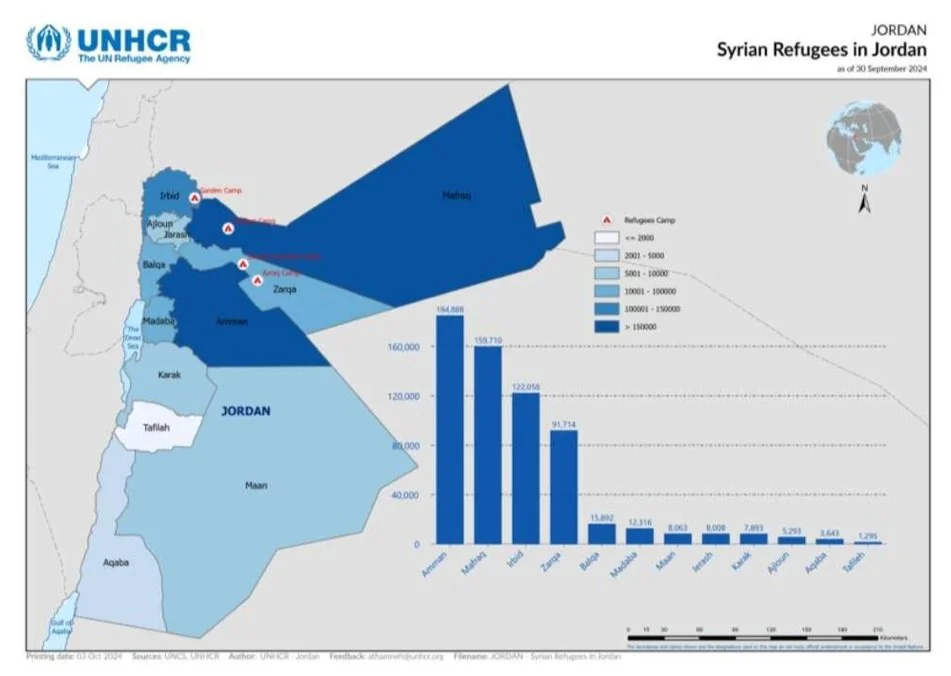Uppsala University (UU) is the scientific as well as administrative coordinator of the project. UU will be actively involved in research tasks in various work packages, eg fulfill the data gathering tasks related to Sweden and taking responsibility for work packages 5, 7, 9, 10 and 11. Besides the project management and scientific coordination tasks, UU will be responsible for dissemination and exploitation of the project’s results. UU has profound experience in managing EU-projects. UU hosts more than 40 ERC-projects, and takes part in around 250 collaborative projects under FP7 and Horizon2020, both as partner and coordinator. It is the oldest university among the Nordic countries, founded in 1477, and is consistently being placed among the top 100 in international rankings, such as the Academic Ranking of World Universities (# 60 in 2016). World-class research and high quality education pursued at UU benefit society and business on a global level. The university is characterized by diversity and breadth, with international frontline research at nine faculties counting 24 600 full-time equivalent students; 6 000 employees, whereof about 1800 teachers and researchers (including some 700 full professors, of which 27 % are women). Comprehensive peer reviews and rankings consistently show that research and teaching at UU is of the highest international standard, which is also reinforced by the fact that about 54% of the research is funded by external sources, not least from the EU.
Önver A. Cetrez | Co-Coordinator
Önver A. Cetrez, Professor of Psychology of Religion and Cultural Psychology, is recognised for his work on psychosocial and existential health with regard to migrants and refugees in the context of ethnic and religious identities, resilience, coping, existential health, acculturation, and conflict. He has led numerous EU and national grants within the wider fields of immigration and refugee studies, most recently as the co-coordinator of the Horizon Europe project GAPs (www.returnmigration.eu), co-coordinator of an earlier Horizon2020 project RESPOND (www.respondmigration.com) as well as the scientific secretary for the Swedish Ethical Review Authority in Uppsala.
Soner Ö. Barthoma |Co-Coordinator
Soner Barthoma has a background in Political Science and is one of the co-coordinators of GAPs. He loves inter-disciplinary work within his broad research interest, among them migration, governance and discourse theories, European politics, Turkish foreign policy, late Ottoman period and genocide studies, history of the modern Middle East and its political regimes, identity politics, cultural heritage and revitalization of endangered languages. He previously co-coordinated the Horizon 2020 project RESPOND (www.respondmigration.com), and several other EU funded projects, amongst them the award winning Surayt-Aramaic Online project (www.surayt.com), which aimed at the revitalization of Surayt as an endangered language. Barthoma has edited three volumes, published various articles on identity, migration and integration related topics..
Rebecca Thorburn Stern
Rebecca Thorburn Stern, Professor in Public International Law, Department of Law, Uppsala University. Thorburn Stern specializes in migration and human rights law and has published extensively on Swedish and international asylum law, populism and migration policy, the relation between international and national law, and the human rights of children. Co-founder and steering committee member of the Scandinavian migration law research network G/LUMIN, Thorburn Stern is Research Director for the Uppsala Forum for Democracy, Peace and Justice , co-PI on the Nordforsk-funded multidisciplinary project Nordasil, contributes to the Forte-funded CARES project on LGBTQI asylum seekers 2022-25 and to a Ragnar Söderberg Foundation funded projekt on age discrimination of children (2020-2023).
Soorej Jose Puthoopparambil
Researcher and lecturer in global health and migration at Uppsala University, Sweden. Soorej is also head of the WHO Collaborating center on Migration and Health Data and Evidence. He has led the development of several global evidence reviews. He has also authored international guidance for issues such as integration of refugee and migrant data into national health information systems and health in immigration detention. In addition to teaching migration & health and public health in humanitarian action, his current research focuses on health in immigration detention centers, voluntary and forced return migration, and health communication during crisis and healthcare access and utilization in displacement settings. His previous assignments include overseeing the research and evidence generation agenda of the Migration and Health Programme at WHO Regional office for Europe and working with IOM to conduct country assessments. He continues to provide technical support for WHO and other national and international agencies on questions related to migration and health.
Naures Atto
Has a background in social anthropology and has conducted extensive research on reasons for emigration from the Middle East, settlement in Western Europe and integration processes. She is an active member the Cambridge Migration Forum. Dr Atto was the PI of the Erasmus+ Aramaic Online project at the University of Cambridge, which is an effort to revitalize an endangered language in the Middle East and currently involved in several research applications about the effects of wars on endangered cultural heritage in the Middle East, forced displacement and diaspora. She conducts research on the relationship between Assyrian and Yazidi immigrants in the West and those remaining in the Middle East in relation to future perspectives and their survival.










In a world where more than half of the Syrian refugees are denied the most basic means of employment, Jordan pioneered a new approach. Instead of leaving the Syrian refugees in perpetual waiting, the country undertook a carefully planned approach: to empower Syrians during their displacement so that they would one day be able to return to Syria not as victims, but as skilled and self-reliant assets. Unlike other host countries that have struggled to integrate Syrian refugees into their formal labor market (or completely omit them)-Jordan took steps in the right direction early on. Jordan provided access to work permits to the Syrians, removed the fees levied on the permits, and provided vocational training and skills development opportunities…